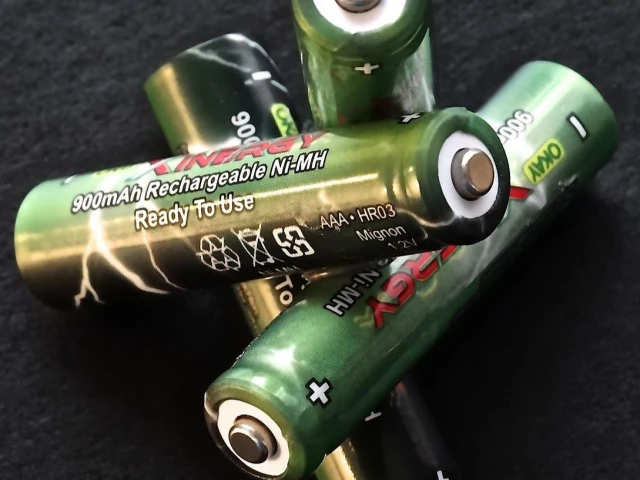Scientists predict new ultrastable 2D materials for fast-charging, long-lasting batteries
Simulations show HfTiTe4, ZrTiTe4 and HfZrTe4 offer fast-charging, stable, heat-resistant battery potential

A global team of scientists has predicted a new family of two-dimensional topological telluride materials that could dramatically boost the performance and stability of future lithium-ion and sodium-ion batteries.
The study, combining cutting-edge theoretical modeling with global collaboration, was led by researchers at Tianjin University in China. Its results were recently published in Advanced Science.
The materials, HfTiTe4, ZrTiTe4 and HfZrTe4, were identified using first-principle calculation -- a powerful computational method that models materials from their atomic structures. The simulations revealed that these ultrathin layers could serve as both anodes and sulfur cathode hosts, demonstrating exceptional fast-charging performance, stability and thermal endurance capabilities.
Read More: OpenAI considers consumer health tools in push beyond core AI offerings
"Our results show that two-dimensional telluride monolayers have immense potential to power next-generation batteries that charge faster, have higher specific capacity, and last longer," said Ji Kemeng, a researcher at Tianjin University. "They open a new path toward designing efficient energy-storage materials using theoretical computation."
The study also showed that the telluride monolayers maintain structural and electronic stability at temperatures of up to 227 degrees Celsius, supporting use in demanding scenarios such as electric vehicles, industrial-scale storage, and portable electronics that undergo heavy-duty cycles or high-temperature operations.
The research was conducted in collaboration with scientists from Shanghai Jiao Tong University, Zhejiang University, the University of Sao Paulo, the Guangdong Technion-Israel Institute of Technology, the University of California in Irvine, and Shenzhen Technology University.


















COMMENTS
Comments are moderated and generally will be posted if they are on-topic and not abusive.
For more information, please see our Comments FAQ